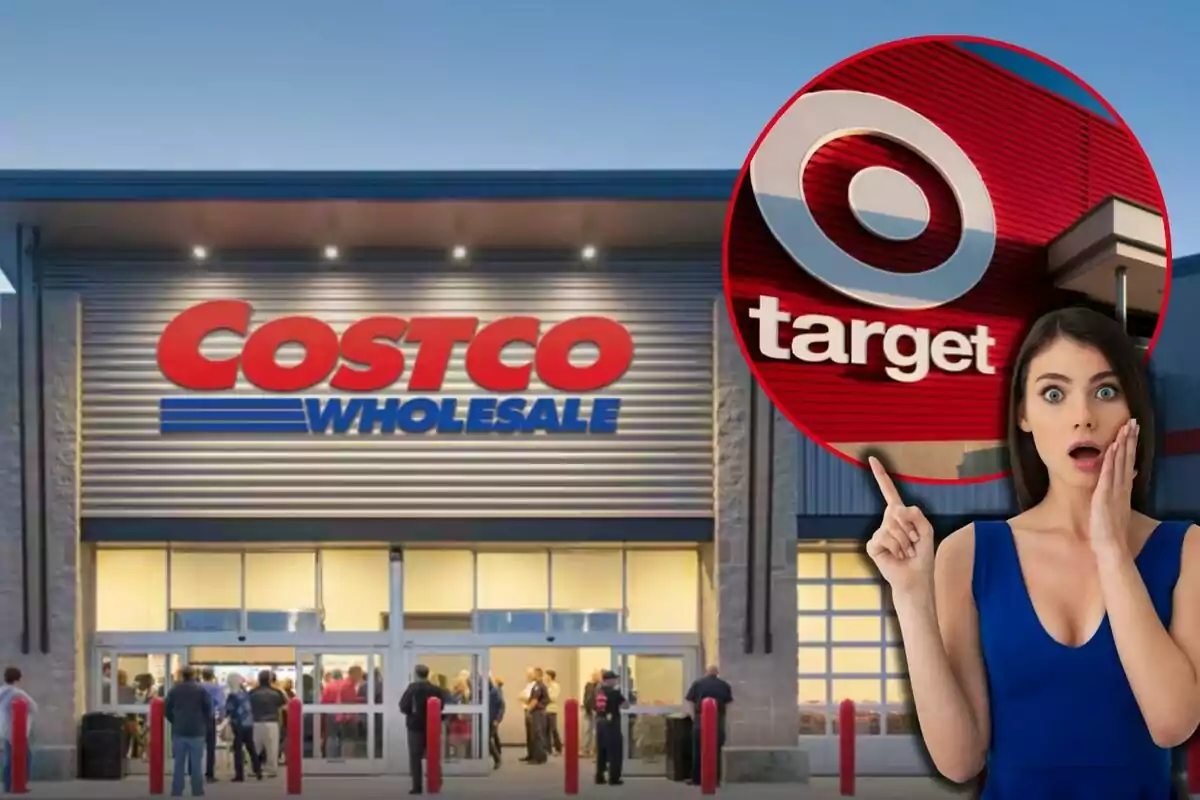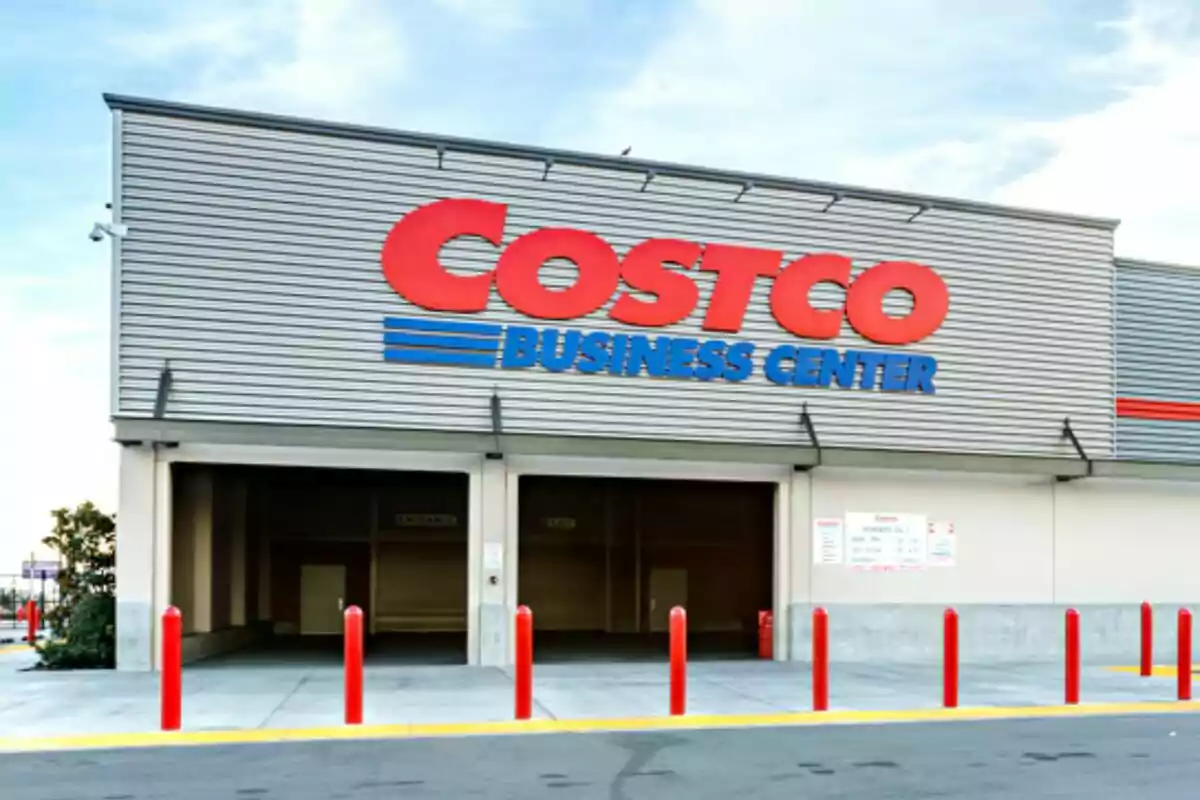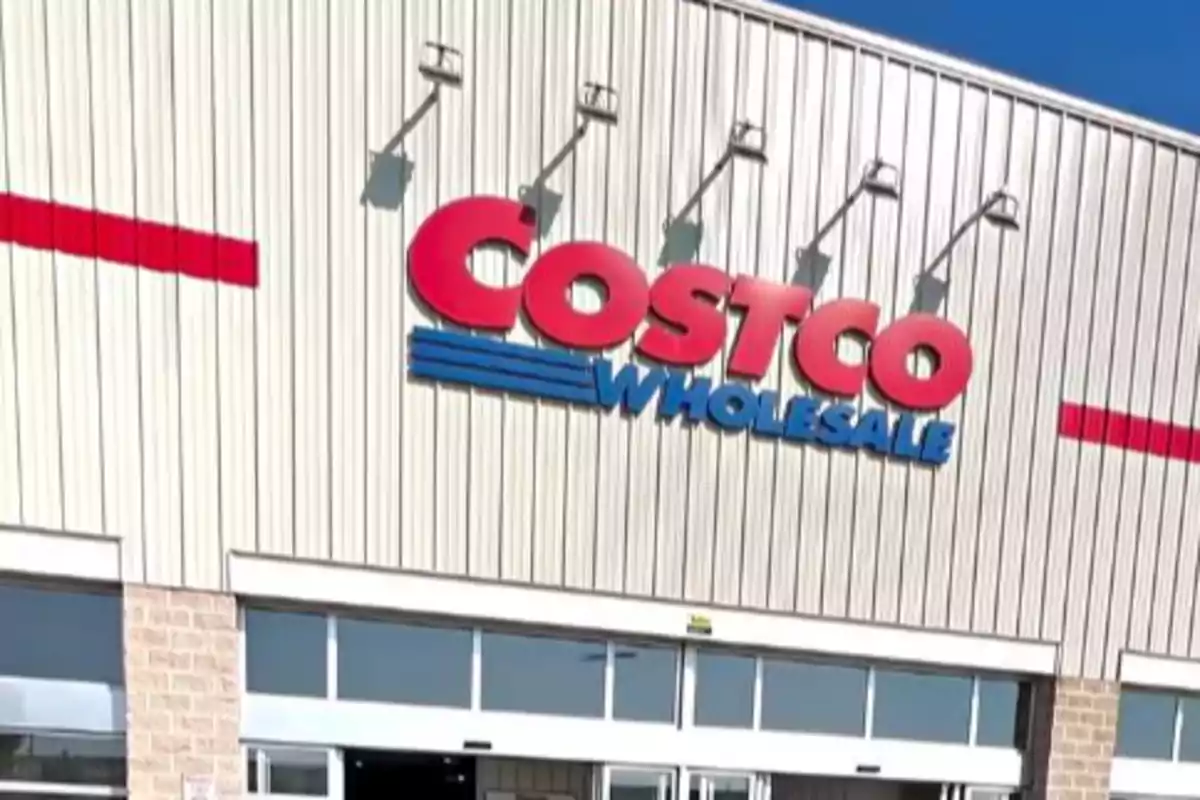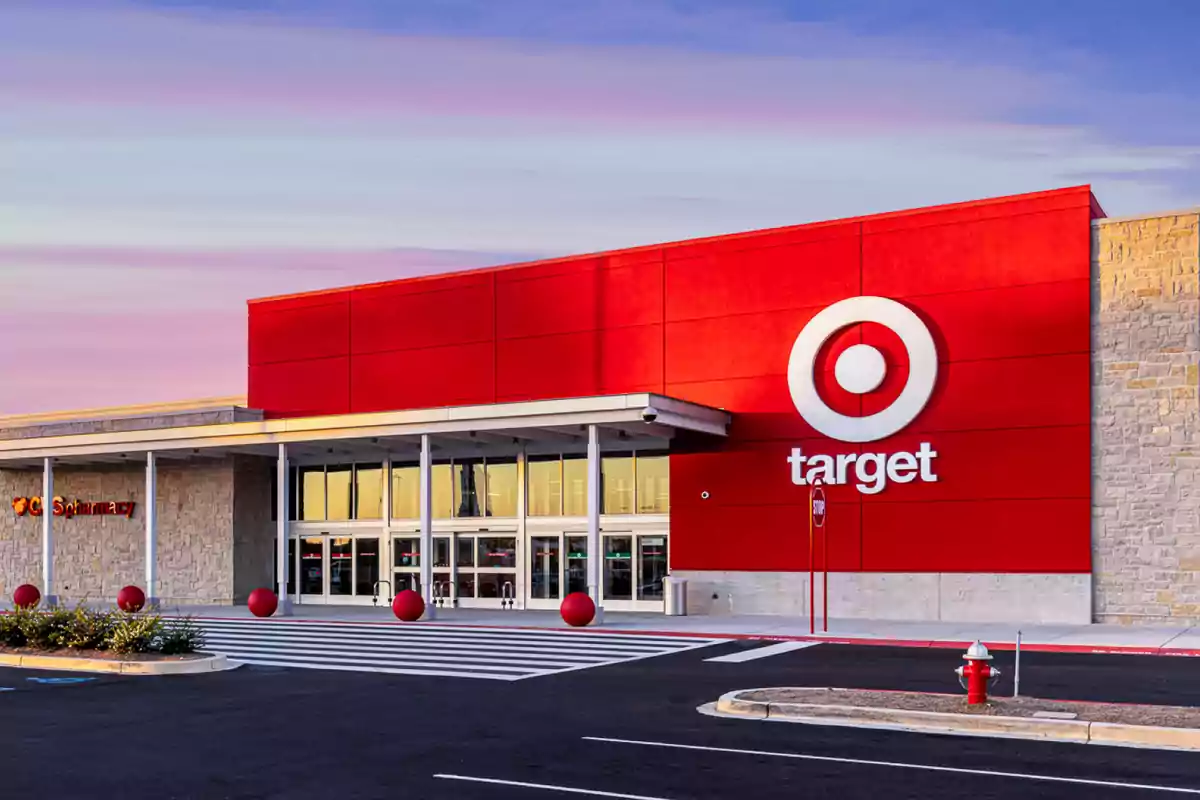
Target Takes a Hit in the United States and Costco Is to Blame
The Influence of DEI Policies on American Retail Outlets: A Rather Controversial Strategy
In recent times, a growing number of shoppers who used to go to Target have started choosing Costco for their purchases. According to a report by Numerator, published on March 5, 2025, this change in behavior has taken market analysts by surprise.
Costco has experienced a notable increase in the number of visitors, while Target has recorded a significant decrease in customer traffic. Experts are questioning what factors are driving this shift in consumer preferences.

Costco Grows While Target Falls
The report by Numerator reveals that Costco experienced an increase of 7.7 million visitors, while Target lost nearly 5 million customers. This change in shopper behavior has been interpreted by some as a reaction to changes in Target's internal policies, especially related to Diversity, Equity, and Inclusion (DEI).
In particular, the supermarket chain was affected by the decision to eliminate its DEI program, which promoted equality in hiring and compensation. The elimination of this initiative has caused negative reactions among many of its consumers, especially in African American and Hispanic communities. According to the report, these groups were the ones that most reduced their frequency of visits to Target after the reversal of the DEI policy.

DEI Policies and Their Impact on Target
The reversal of DEI policies at Target occurred shortly after current President Donald Trump signed an executive order to halt the program. This measure, which initially sought to improve workplace inclusion, was seen by some as a lack of commitment to diversity. In response to this, community leaders, like Pastor Jamal Bryant, urged a boycott against the store, especially among the Black population in the United States.
This change did not go unnoticed. Instead of gaining the desired support, Target's decision resulted in a decrease in customers at its stores. Protests and polarization around the DEI issue marked a breaking point for many, directly affecting the number of visitors to their locations.

Costco's Support for DEI and Its Growing Popularity
On the other hand, Costco has kept its commitment to DEI programs, which has caused greater loyalty among its customers. As concerns about inclusion and equity continue to grow, Costco has managed to capitalize on the situation by keeping its stance in support of diversity. Many shoppers have seen this commitment as a positive factor, which has driven customer traffic to its stores.
Costco's DEI policy is based on offering equal opportunities regardless of people's race, religion, or gender. Despite criticism these programs have received from some political sectors, Costco has managed to stay firm in its approach. This stance has attracted consumers who value inclusion and social justice, resulting in greater customer loyalty.
The Future of Target and Costco in the United States
This change in consumer preferences could have a significant impact on the future of both chains. While Costco has gained ground, Target faces the difficult task of regaining its customers' trust. DEI programs and internal policies will continue to be a key issue in shopper behavior.
Over time, Costco could continue gaining market share if it keeps offering an inclusive and accessible experience, while Target will need to reevaluate its strategies to avoid losing more customers.
More posts: